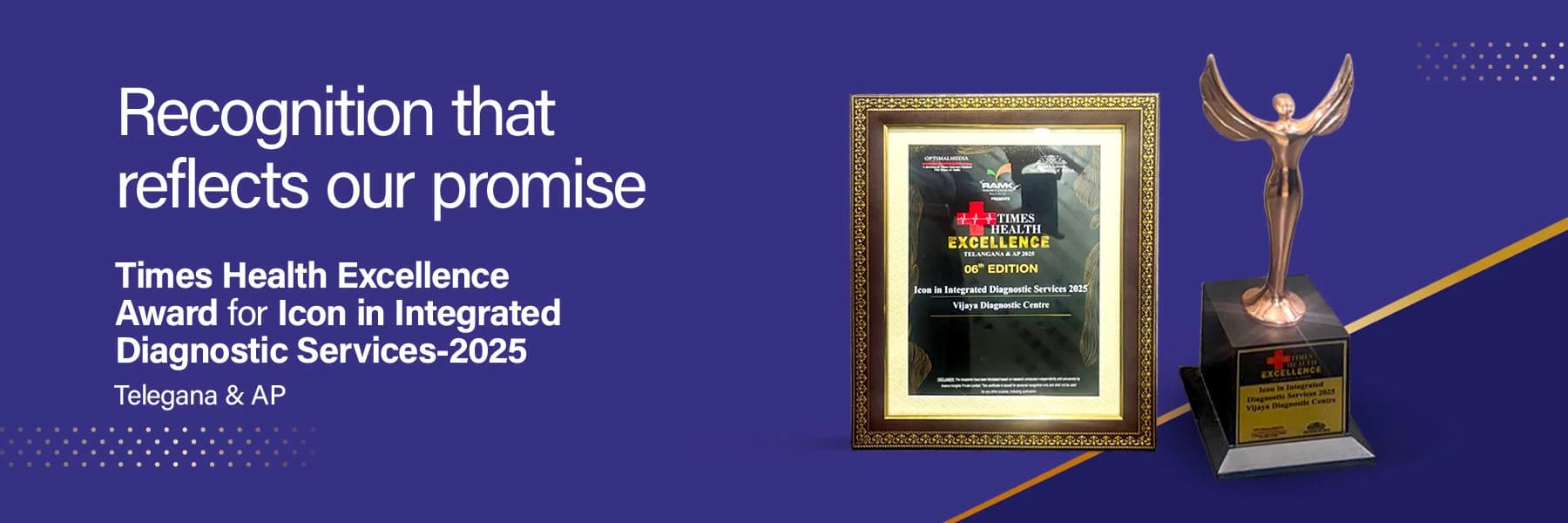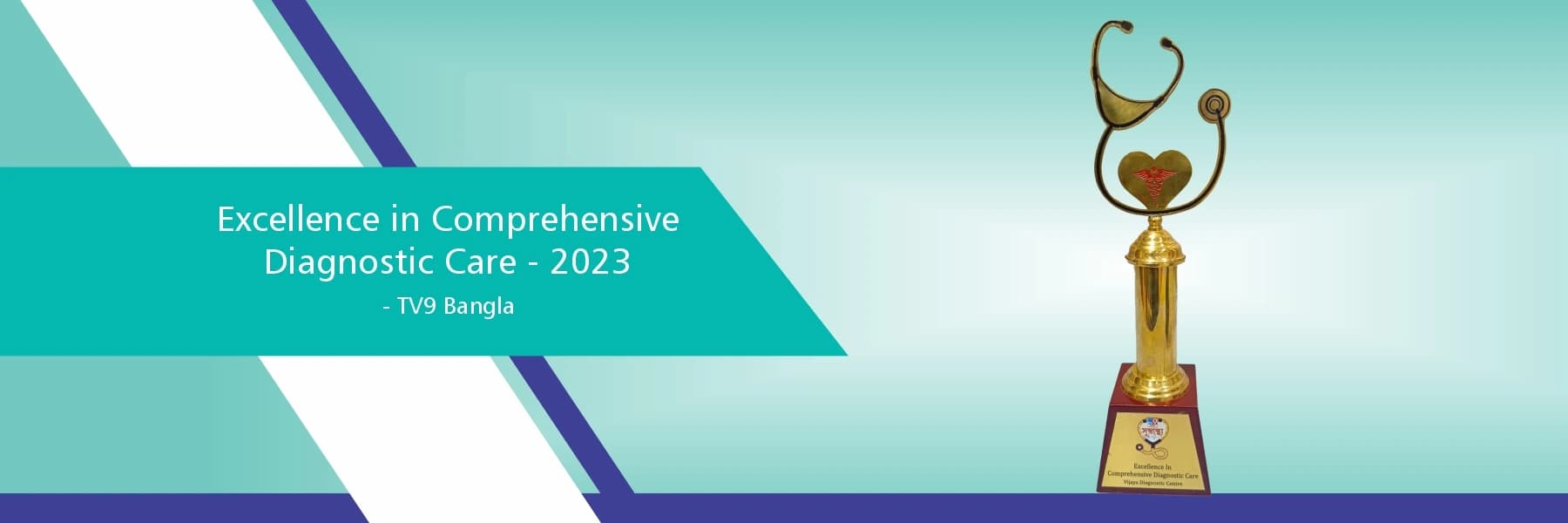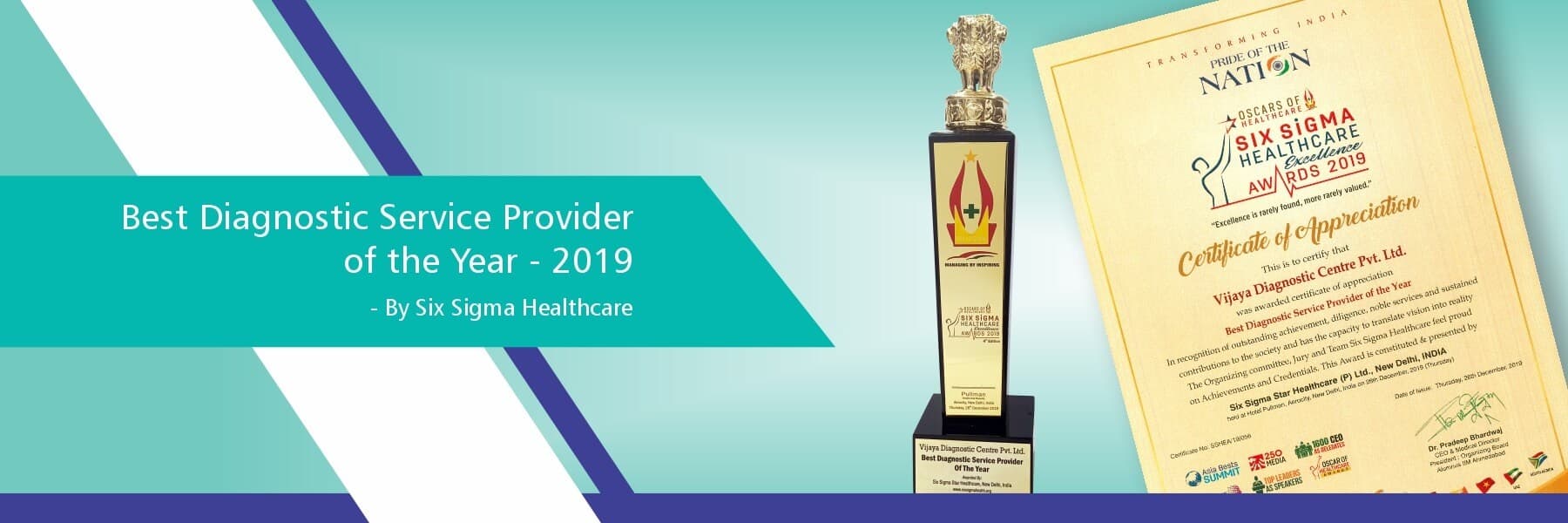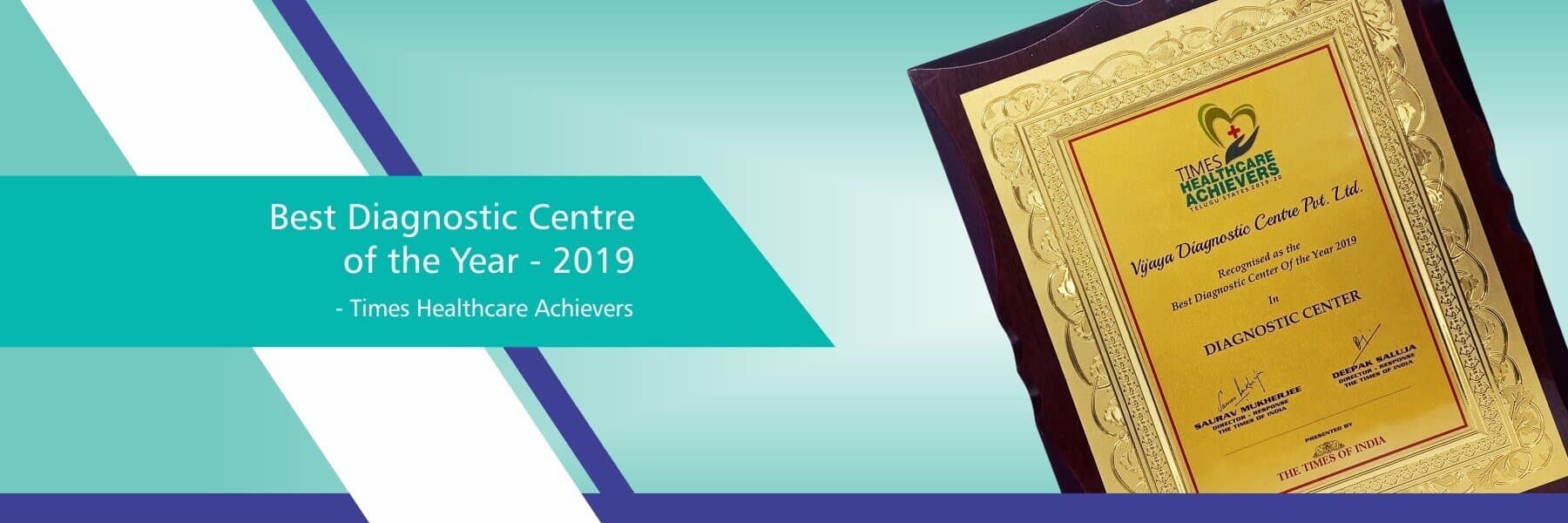What is Biochemistry Testing?
Biochemistry diagnostic testing, also known as clinical biochemistry or biochemical analysis, involves the analysis of blood and other body fluids to assess the function of organs, detect diseases, and monitor the effectiveness of treatments. This branch of clinical pathology focuses on the measurement of various chemical components and substances such as sugars, proteins and oxygen in samples like blood and urine, providing valuable information about a patient's health.
Biochemistry testing can aid in diagnosing diseases, determining treatments, and assessing the overall health of organs such as kidneys & liver. Moreover, in microbiology, biochemical tests serve to differentiate bacterial species based on activities like protein and fat metabolism, carbohydrate metabolism, enzyme production, and compound utilization.
Additionally, biochemistry testing extends its reach to nutritional analysis, detecting carbohydrates, proteins, and fats in food items.
Blood biochemistry tests assess chemical concentrations, including electrolytes, fats, proteins & glucose, offering insights into the functionality of organs like kidneys and liver.
A comprehensive biochemistry profile includes key components like sodium, potassium, glucose, urea, creatinine, calcium, phosphates inorganic, and total proteins, offering a comprehensive insight into the biochemical landscape.
What are the common test parameters in biochemistry diagnostic testing?
Biochemistry diagnostic testing offers a window into your health by analyzing various parameters within your blood and urine. Biochemistry tests broadly categorized as blood biochemistry tests and urine biochemistry tests, provide valuable insights for doctors to diagnose conditions, monitor your health, and tailor treatment plans.
Commonly Prescribed Biochemistry Tests and the Key Parameters in Biochemistry Diagnostic Testing Include:
Common blood biochemistry tests include:
1. Liver function test
- Alanine Aminotransferase (ALT) and Aspartate Aminotransferase (AST): used to assess liver cell damage.
- Alkaline Phosphatase (ALP): Evaluates bile ducts & bone health.
- Transaminases: Reflects liver cell damage
- Total protein, albumin, and globulin: Assess protein production and liver function.
- Bilirubin (total and direct): Measures bile pigments, indicating liver or bile duct issues.
2. Lipid Profile
- Cholesterol: Total cholesterol, HDL (good) cholesterol, LDL (bad) cholesterol, and VLDL (very low-density lipoprotein) levels provide insights into cardiovascular risk.
- Triglycerides: Another type of fat in our blood. Increased triglycerides levels can contribute to heart disease.
3 .Diabetes Profile tests or blood glucose
- Fasting & Postprandial Blood Glucose test: Measures blood sugar levels after fasting and after a meal, respectively.
- HbA1C: reflects the average blood glucose levels over the last few months.
4. Renal function test (RFT) - This test gives an insight about the functioning and health of kidneys. Here’s a breakdown of the parameters assessed in kidney function tests:
- Creatinine and Estimated Glomerular Filtration Rate (eGFR): Assess kidney filtration function.
- Blood Urea Nitrogen (BUN): Waste product filtered by the kidneys.
- Electrolytes: Sodium, potassium, bicarbonate, and chloride, crucial for body functions and kidney health.
5. Cardiac Markers tests such as Troponin - I, CK-MB, Creatine Kinase (CK) and Natriuretic Peptide Tests (NT Pro BNP). They can indicate potential heart muscle damage.
6. Hormone Levels
- Thyroid Profile: Thyroid Stimulating Hormone (TSH), Thyroxine (T4) and Triiodothyronine (T3): Indicate thyroid function and can aid in diagnosing Hashimoto's Thyroiditis, hyperthyroidism, and hypothyroidism
- Cortisol and Insulin: Regulate body processes including stress management, metabolism, immune response and blood sugar control.
7. Newborn screening: It involves a series of tests performed shortly after birth to identify serious but often treatable genetic, metabolic, and hormonal disorders in newborns. Early detection allows for prompt intervention and management, significantly improving the health outcomes and quality of life for affected babies.
8. Vitamins: Vitamin tests are primarily used to diagnose vitamin deficiencies. These deficiencies can occur due to various reasons like: Inadequate intake through diet, Increased requirements due to pregnancy, breastfeeding, or certain medical conditions Malabsorption issues that hinder vitamin uptake from food
9. Protein Profile: This test evaluates albumin, globulin and total protein levels.
10. Enzyme Levels: Creatine Kinase (CK), Aspartate Aminotransferase (AST), Alkaline Phosphatase (ALP) and Alanine Aminotransferase (ALT) are the parameters evaluated. They can aid in detecting muscle, liver or bone problems.
11. Uric Acid: Measurement of uric acid levels, important for diagnosing conditions like gout
12. Amylase and Lipase: Enzymes involved in the digestion of carbohydrates and fats, respectively.
13.Creatinine Kinase-MB (CK-MB): Specific form of creatine kinase used in the diagnosis of heart muscle damage.
14. Blood Gas Analysis: Measurement of oxygen and carbon dioxide levels in the blood.
15. Beta hCG: Pregnancy test
16. Fertility profile: evaluates hormones relevant to fertility such as Progesterone, Prolactin, Testosterone, FSH (Follicle-stimulating hormone), and Estradiol
17. Markers of inflammation: C-Reactive Protein (CRP) and Erythrocyte Sedimentation Rate (ESR) indicate inflammation.
18. Minerals and Trace Elements: Calcium, phosphorus, magnesium, and iron levels are assessed for potential deficiencies.
Additional common biochemistry tests involve examining tumor markers such as Total PSA and Free PSA for confirming Prostate Cancer, as well as CA 19.9 (Cancer Antigen 19.9) and CA125 for detecting Pancreatic Cancer & Ovarian Cancer, respectively.
Common urine biochemistry tests include Urinalysis which is used to detect infections or kidney disorder, Uric acid, Urine creatinine clearance & Urine osmolality tests.
Why do you need biochemistry blood tests?
Biochemistry diagnostic tests are essential for several reasons in the field of healthcare:
1. Disease Diagnosis: Biochemistry tests help in diagnosing a wide range of medical conditions by assessing the levels of various substances in the body. For example, elevated blood glucose levels may indicate diabetes, abnormal lipid profiles may suggest cardiovascular risk, and liver function tests can reveal liver disorders.
2. Monitoring Chronic Conditions: Patients with chronic diseases such as diabetes, kidney disease, and liver disease require regular monitoring. Biochemistry tests help healthcare providers track changes in key parameters over time, enabling them to adjust treatment plans and interventions accordingly.
3. Treatment Monitoring: Biochemical markers are often used to monitor the effectiveness of treatments. For instance, changes in blood glucose levels can indicate how well diabetes medications are controlling the condition, and alterations in lipid profiles can reflect the impact of lipid-lowering medications.
4. Screening and Early Detection: Some biochemistry tests are used for routine health screenings to detect conditions early, even before symptoms manifest. For example, cholesterol screenings help identify individuals at risk of cardiovascular disease, and blood glucose tests aid in early detection of diabetes.
5. Assessment of Organ Function: Biochemistry tests provide insights into the functioning of vital organs such as the liver and kidneys. Abnormalities in liver function tests or kidney function tests can indicate underlying diseases affecting these organs.
6. Risk Assessment: Certain biochemistry markers are used to assess an individual's risk for specific conditions. For instance, elevated levels of C-reactive protein (CRP) or homocysteine may indicate an increased risk of cardiovascular disease.
7. Nutritional Status Evaluation: Biochemistry tests can assess nutritional status by measuring levels of essential nutrients, proteins, and minerals in the body. This information is crucial for identifying deficiencies and guiding nutritional interventions.
8. Hormonal Assessment: Hormone levels play a critical role in various physiological processes. Biochemistry tests help evaluate hormonal imbalances, aiding in the diagnosis and management of endocrine disorders.
9. Infectious Disease Diagnosis: Some biochemistry tests, such as those for specific antibodies or antigens, are used to diagnose infectious diseases. Tests for HIV, hepatitis, and syphilis are some of the biochemical tests that fall under this category.
Overall, biochemistry diagnostic tests provide valuable information that assists healthcare professionals in making accurate diagnoses, designing appropriate treatment plans, and monitoring the ongoing health of individuals. These tests contribute significantly to preventive medicine, early disease detection, and the overall management of patient care.
Why Vijaya Diagnostics?
As South India's largest integrated diagnostic chain, we have served 50+ million customers over the last 4 decades. With an extensive network of 140+ cutting-edge diagnostic centers across 20 cities, we ensure accessibility, bringing our expertise right to your doorstep – from Tirupati to Hyderabad & Gurgaon to Kolkata.
Vijaya Diagnostics stands as the premier choice for diagnostic care, boasting ISO compliance, NABL & NABH accreditation, and 24/7 services. Our biochemistry labs, conveniently located near you, leverage world-class technology for swift and precise diagnosis of infectious diseases. Automation streamlines sample handling, ensuring a low Turnaround Time (TAT).
Explore the convenience of our user-friendly app, where 5000+ comprehensive tests are just a tap away. Your health journey becomes effortless with instant appointment booking, rescheduling options, and hassle-free home sample collection—all designed to prioritize your well-being. The flexibility extends beyond home sample collection; enjoy cashbacks, reward points, and exclusive discounts tailored for your health conditions, age, and family, making your healthcare experience truly hassle-free.
Vijaya Diagnostics seamlessly integrates convenience, accessibility, and accuracy—all at affordable and transparent pricing.
Choose Vijaya Diagnostics - because your health deserves nothing less!
Frequently Asked Questions
1. Which biomarkers are commonly assessed in biochemistry tests?
Ans - Common markers in biochemistry testing include:
- Renal function markers - urea nitrogen (BUN), creatinine, electrolytes (Sodium, Potassium, Chloride etc)
- Liver Function Markers - Total Protein, Albumin & Globulin
- Diabetes markers - HbA1C, Fasting Blood Glucose & Postprandial Blood Glucose
- Cardiac Markers - Troponin I, CK-MB (Creatine Kinase-MB), Creatine Kinase (CK) & NT Pro BNP
- Thyroid Profile Markers - TSH (Thyroid-Stimulating Hormone), T3 & T4
2. How often should one undergo biochemistry testing?
Ans - For healthy individuals, undergoing biochemistry testing such as RFT, diabetes and lipid profiles, is generally recommended every 1 to 3 years, depending on factors like age, risk factors & overall health. Individuals with specific health concerns or risk factors may need more frequent testing, as advised by their healthcare professionals.
3. What are the potential reasons for abnormal results in biochemistry tests?
Ans - Abnormal results in biochemical tests can be due to any one or more of the following factors:
- Diet and fasting
- Lifestyle
- Genetic factors
- Age & gender
- Recent illness/infections
- Existing medical conditions
- Certain medications
- Lab variability
- Dehydration and overhydration
- Inflammation and infection
- Stress and physical activity
- Pregnancy (in women)
- Nutritional deficiencies
It's essential to consult expert healthcare professionals to interpret biochemistry test results who will factor in the context of an individual's overall health, clinical assessment, medical history & specific circumstances.
4. What is the significance of liver function tests in biochemistry?
Ans - Liver function tests assess biomarkers like transaminases, albumin, bilirubin & proteins to provide crucial insights into liver health & detect conditions such as Jaundice hepatitis, cirrhosis, fatty liver disease, drug-induced liver damage & other liver disorders.
5. Can biochemistry tests detect nutritional deficiencies?
Ans - Yes, biochemical tests can detect nutritional deficiencies by assessing specific biomarkers related to essential nutrients. Few such markers include
- serum iron, ferritin & total iron-binding capacity (TIBC) for detecting iron deficiency
- Serum 25-hydroxyvitamin D for detecting Vitamin D deficiency
- Serum levels of vitamin B12 & Serum calcium levels for Vitamin B12 & Calcium deficiencies respectively
6. What role does biochemistry testing play in preventive healthcare?
Ans - Biochemistry testing in preventive healthcare aids early disease detection, monitors health trends, assesses risk factors, guides nutritional & lifestyle adjustments, and supports overall well-being through proactive measures.
Drag & drop your files here, Or
browse files to upload.
.pdf, .jpg & .png formats supported. Upto three files can be uploaded at a time
Frequently Asked Questions (FAQs)
Centre Details & Locations
You can click on the Centre Locator mentioned on the top right bar of our home page website to locate centres in your city. You can also search in Google “Vijaya Diagnostic Centre near to me” to find the nearest centre.
Yes, most of the centres have this facility.
Yes, you can check the operational timing of a branch by selecting the centre you want to visit on our website or Google map of respective centre
Health Checkup & Packages
The validity of a health check package is 30 days from the date of invoice, for more detail to Terms & Condition of use section on our website.
Watch This Video for Detailed Information
Play This Video
Once the validity period is over for your registered package, the package cannot be availed. The amount paid by you during the registration process is non-refundable, non-transferable and gets forfeited if you do not visit the branch within the validity period. The amount paid by you during the registration of the special package cannot be utilized for availing other packages.
No. These are special promotional packages which are available for registration only during the specific campaigns and thus it is important for you to register there during the event/campaign. These are specially designed and discounted packages which are only available during the campaign with specific validity period.
The package once registered, is non-transferable. One has to utilize the package for the registered customer only.
Home Sample Collection
Yes, you can book a Home Sample collection by selecting the desired tests on our website or calling our customer care number at 9240 222 222.
Yes, you can prepone/postpone an appointment by calling our customercare number at 9240 222 222.
Reports
Visit Home page of our website and click on Download reports icon. You need to login with mobile number and OTP. You will see your latest report in PDF format.
No, your reports would not be shared with anybody else other than you.
Tests Information & Instructions
Yes, fasting is recommended before undergoing a blood test.
Watch This Video for Detailed Information
Play This Video
Important Instructions:
- Generally, fasting is required prior to administering IV contrast. Fasting for ~ 4 hours (solid foods) is recommended.
- Kidney function test (serum creatinine) in cases of positive clinical history.
- Review of your medical history to determine that no issues exist preventing you from having a CT scan, such as pregnancy / contrast allergy or reaction (i.e., hives, rash, itching, breathing difficulty).
- A person accompany for IV contrast procedure.
Pre-scan requirements:
- Some CT scans require drinking oral contrast, for approximately 30–60 minutes prior to your scan.
- Some CT scans involve an injection of contrast, for which an IV cannula will be inserted.
Post-scan Requirement:
You will be provided with post-procedure instructions at the centre


























